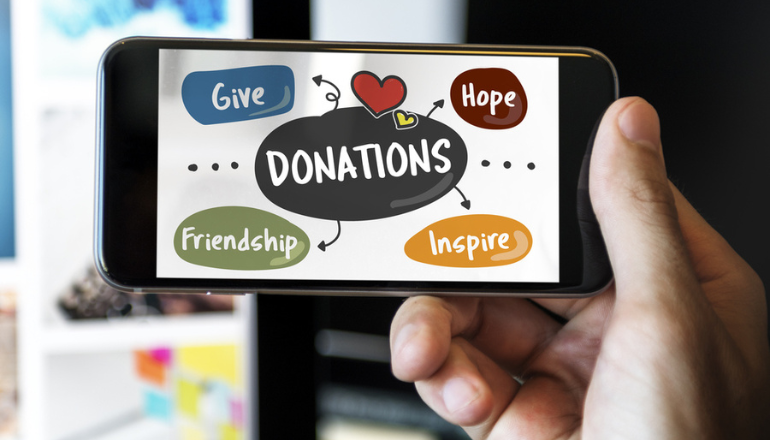Brighton Student Develops Accessible Gaming Technology For Players With Motor Disabilities
- Dominic Kureen

- May 16
- 3 min read

University of Brighton student Daniel Parmenter is using game design to make play more inclusive – developing an accessible gaming project that supports players with motor disabilities.
His work will be featured at the University’s 2025 Computing Degree Show – an event celebrating students’ final-year projects in fields such as AI, immersive gaming, software development, and cybersecurity.
The event offers students the chance to share their pioneering work with industry professionals, academics, and the wider student community – celebrating the creativity and innovation of the next generation of tech leaders.
Daniel, a final-year student on the BSc (Hons) Computer Science For Games course has created a game designed specifically for people with limited motor function.
Unlike most games, which rely on physical input via keyboards or controllers – which can be challenging for those with limited mobility – Daniel’s project integrates alternative control methods, including speech recognition, head tracking, and even blinking detection.
These features enable players to navigate menus and interact with the game entirely without physical movement, offering a more independent and empowering experience for users with motor disabilities.
While many games now include accessibility features like visual adjustments for colour blindness or customisable controls, there are few options for players who cannot use a controller or keyboard at all. Daniel’s project strives to create a more inclusive gaming experience by tackling this accessibility challenge head-on.
Daniel explains:
"Before university, I had no experience in game design. Over the past four years, I've gained hands-on experience with game engines like Unreal and Unity, and worked on a diverse range of genres, from VR horror games to FPS titles.
"This project has given me the opportunity to use these skills to create a game that addresses a real-world need, and I’m excited to make gaming more accessible for people with disabilities.”
His motivation stemmed partly from staff at Brighton, who inspired him to focus on accessibility. The result is a game that not only pushes technical boundaries but also addresses a clear gap in the gaming industry.
Alongside his studies, Daniel completed a placement year at the Brighton-based software company Cyclr, where he honed his coding and project management skills by developing tools to help users manage data across systems. Now that he has finished university, he has returned to working full-time at Cyclr.
At the Computing Degree Show, attendees will be able to interact with Daniel’s accessible gaming demo, as well as explore a wide range of other innovative projects, from cybersecurity to game design. Students will present and demonstrate their work, welcoming the opportunity to explain their projects and answer questions.
David Dorrington, Course Leader for Digital Games Development BSc (Hons) and Computer Science for Games BSc(Hons), shared:
“I’m incredibly proud of this year’s cohort. Throughout their studies, they’ve shown remarkable creativity, technical skill, and a deep commitment to addressing real-world challenges through technology.
“The Computing Degree Show is an excellent opportunity for our students to showcase the projects they’ve worked so hard on, and it’s a vital part of preparing them for life beyond university.
"By sharing their work with industry professionals, potential employers, and the wider community, they gain invaluable experience in presenting and discussing their ideas.”
"Projects like Daniel’s demonstrate how thoughtful design and emerging technologies can remove barriers, enabling more people to participate fully in cultural and social experiences like gaming.
"As the industry continues to evolve, accessible game design has the power not just to entertain, but to promote equality, independence, and connection.
"The University of Brighton is proud to support projects like Daniel’s, which drive positive change in accessibility and empower students to create technology that improves lives."








Comments